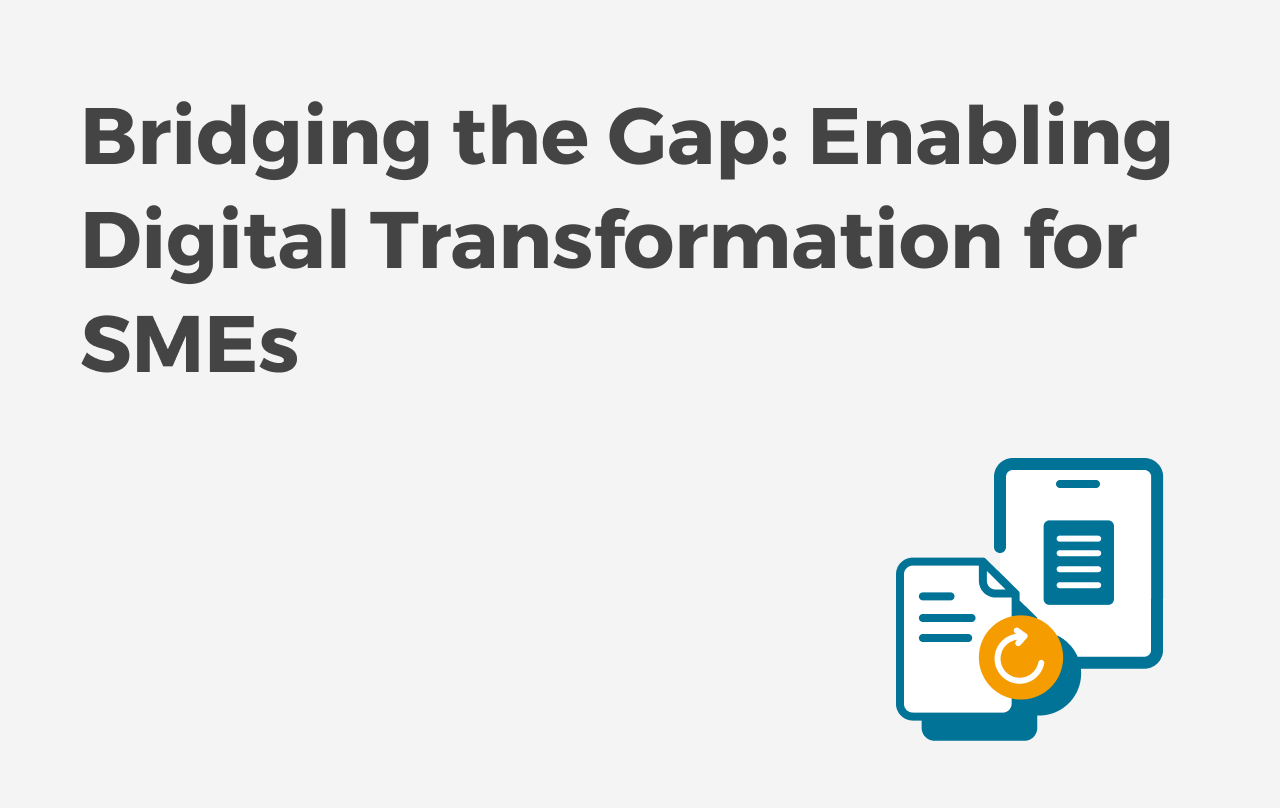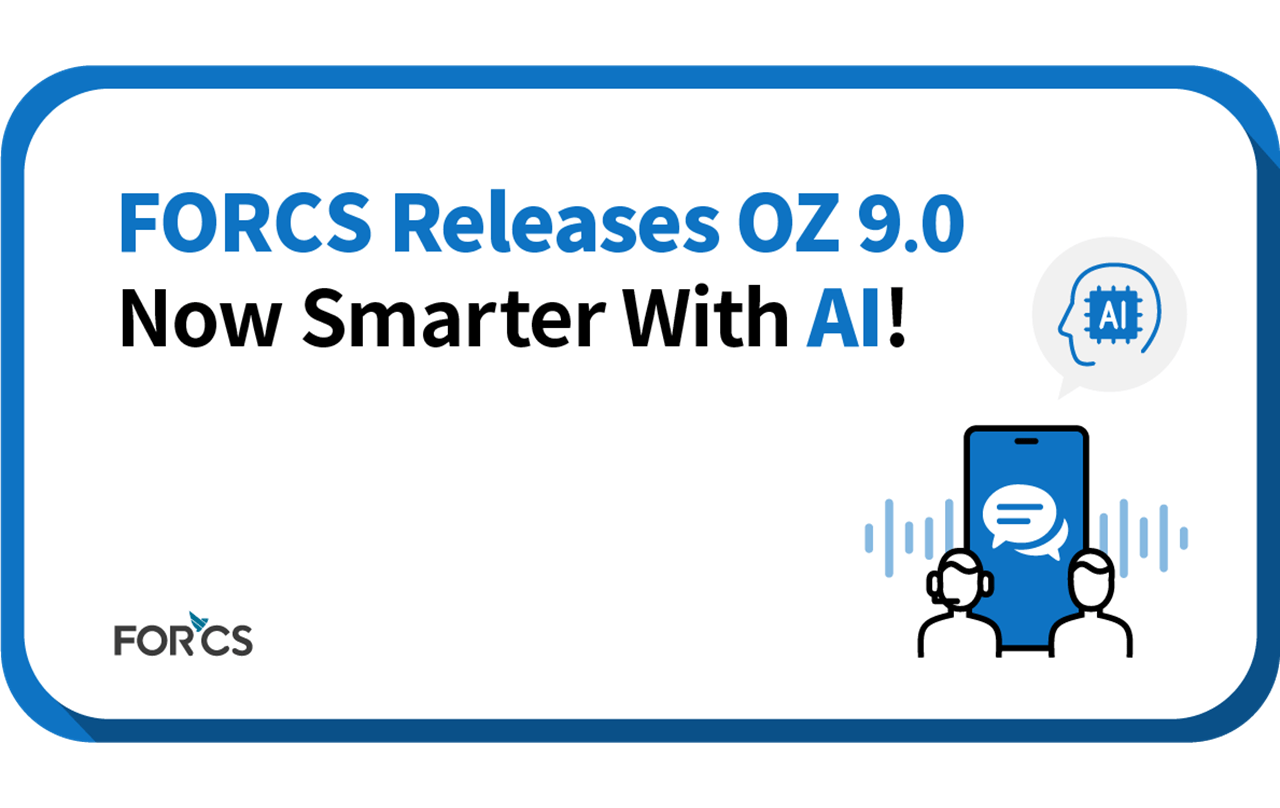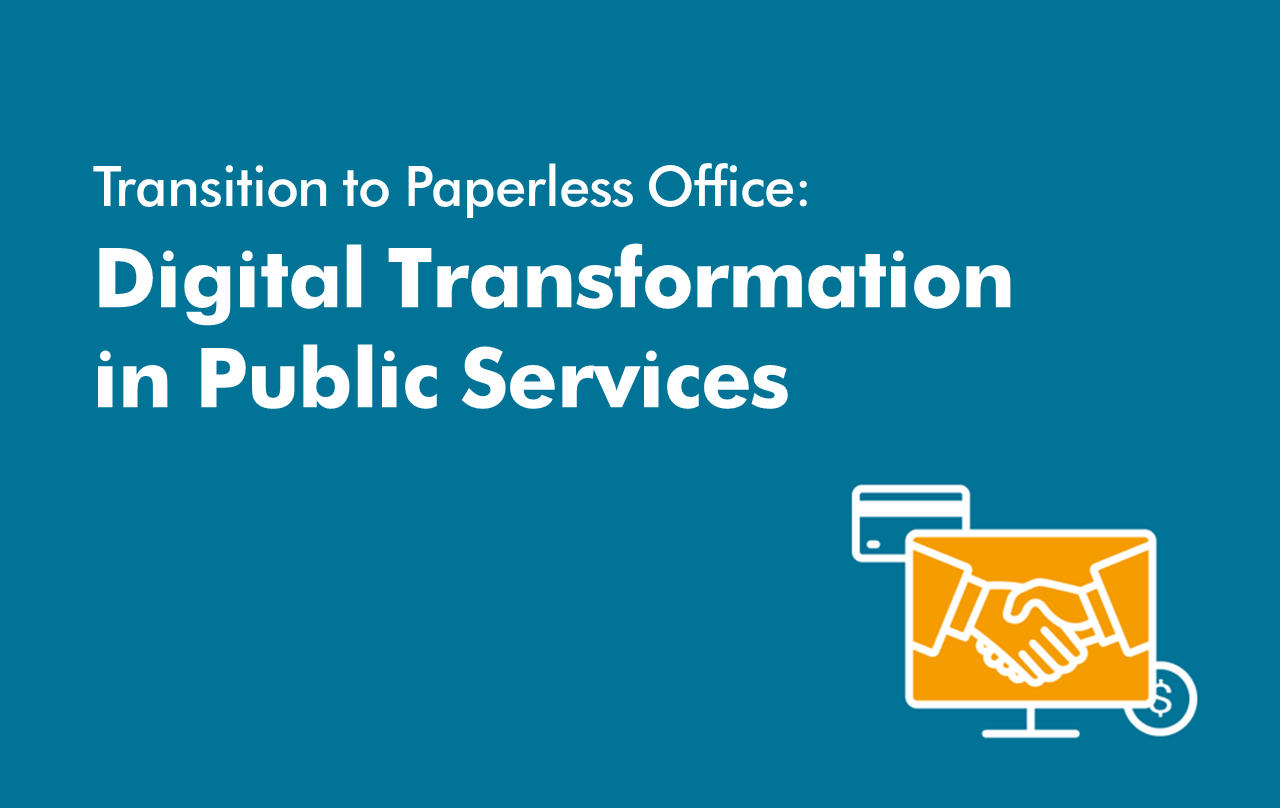Bridging the Gap: Enabling Digital Transformation for SMEs
The COVID-19 pandemic has accelerated digital transformation across industries, leading to significant changes in personal, societal, and business trends. Adopting and utilizing cutting-edge technologies like AI, Big Data, and IoT has resulted in rapid digitization, creating value and revenue opportunities and making it a global objective and measure of national competitiveness.

The Growing Digital Disparity
With the increasing importance of digital transformation, the digital divide in our society is becoming more pronounced. People unfamiliar with digital devices and online environments require assistance using Internet and mobile-based services, including online applications and subscriptions. This disconnect not only poses inconvenience but also leads to issues of disadvantage due to limited information accessibility. The digital divide isn’t confined to individual users. As enterprises accelerate their digital transformation, the gap between companies is widening. Businesses that proactively prepared for digital transformation by embracing elements like expanded online markets, remote work, robotics, and AI-driven data analysis are experiencing substantial growth. On the other hand, companies that fail to do so face the risk of obsolescence.
Preparing SMEs for Digital Transformation
For SMEs to prepare for digital transformation, the first step is to transition inefficient processes to electronic documents. Systematic data collection is fundamental to internal digital transformation, and data discarded due to paper-based processes can significantly impact decision-making. Adopting electronic records is crucial as it facilitates the effective collection and analysis of diverse operational data, enabling proactive responses to emerging business opportunities, market shifts, and customer needs.
The Shift to Remote Work and Electronic Documentation
With the sudden normalization of remote work, business practices rapidly shift from in-person to virtual interactions. This transition has rendered paper-based processes almost obsolete. Notably, even legally binding contract processes are moving away from wet signatures towards remote electronic signing methods such as those through messaging apps, emails, and texts. In South Korea, implementation of electronic document adoption has become increasingly viable since the amendment and enforcement of electronic document and electronic signature laws in 2020, solidifying their legal validity.
Overcoming Financial Hurdles for SMEs
In South Korea, the government aims to replace 42.5 billion paper documents with electronic records as part of its Digital and Green New Deal policies. This move will help increase data utilization and promote carbon neutrality. However, SMEs may face challenges implementing electronic documentation due to the high initial setup cost. Fortunately, cloud-based electronic document services provide SMEs with an affordable and efficient alternative. Moreover, the Korean government actively supports SMEs through voucher programs that help cover service usage fees and technology procurement costs. This support significantly reduces the financial burden on SMEs and encourages business growth.
Paving the Path for the Future
As the metaverse becomes more prevalent, remote work and reliance on electronic documents will become commonplace. Inclusive technologies like voice recognition, chatbots, handwriting recognition, and gestures make electronic document creation more accessible. Additionally, AI comprehension technology can extract necessary content from conversations for product contracts, streamlining the contract creation process. The pandemic has accelerated transformations in work environments and technologies, which will likely continue. Narrowing the digital divide among businesses is crucial, and this requires active government support and user-friendly developments in digital technologies to bolster the nation’s digital competitiveness and build a more substantial digital future.




